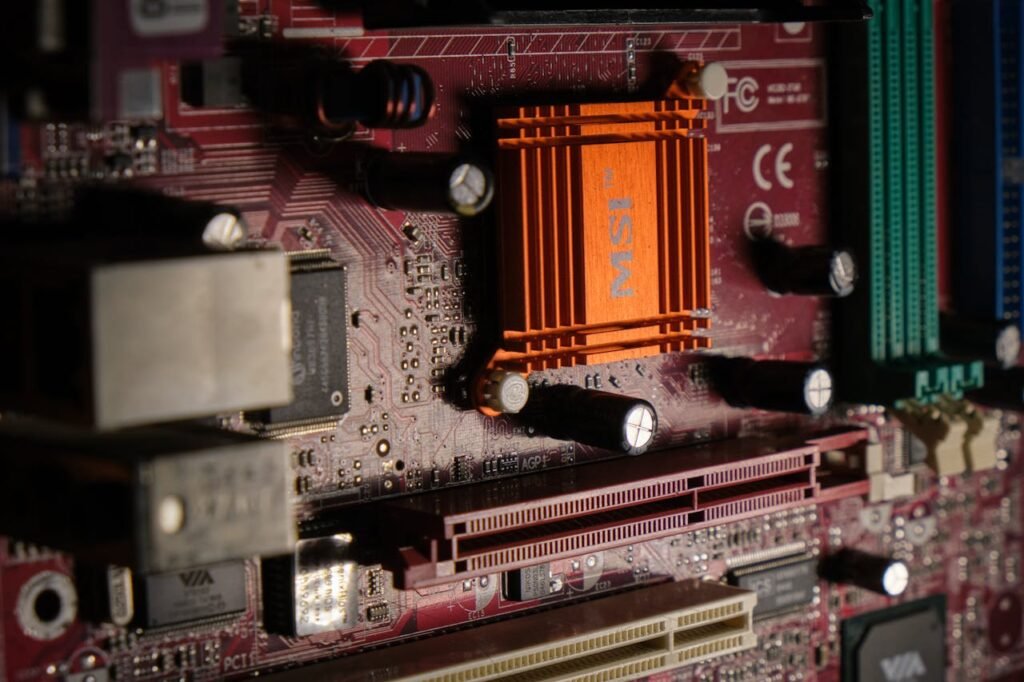
When purchasing a new computer or upgrading your storage, one of the most asked questions is: Should you get an SSD, or should you get an HDD? They both serve the same function as storage for your data, but they work in completely different ways, and speed is where the most significant difference lies. Let’s discuss the elements of difference and see which works faster and why.
1. Differentiating HDD from SSD
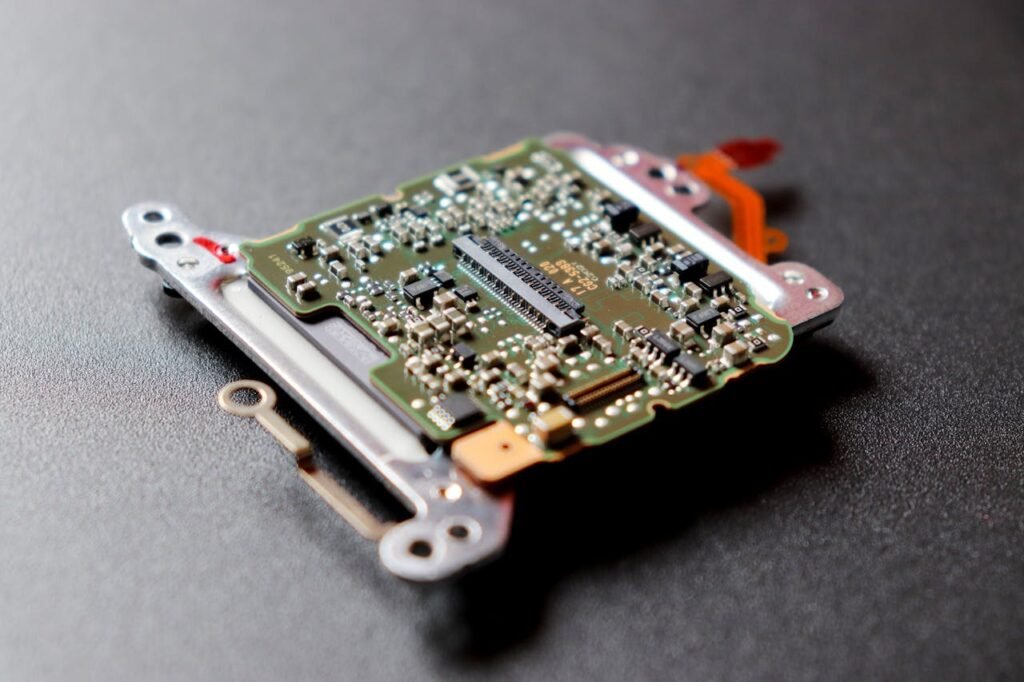
HDD:
HDDs use moving mechanical parts: a spinning magnetic disk and moving read/write head that accesses data. This design has worked for a long time and is still a good solution for storing a lot of data cheaply. However, because it is a mechanical system, it is slower and tends to wear down over time.
(Hard Disk Drive) uses a mechanical arm to read and write information on a set of spinning magnetic disks. So, like a record player, it has a mechanical element.
SSD:
Conversely, SSDs utilize flash memory chips that consist of no moving parts. Because data is stored electronically, it can be accessed instantly, along with much faster read and write speeds. The lack of mechanical components not only improves performance but it also increases durability and energy efficiency.
(Solid State Drive) uses flash memory chips to store data. It has no moving parts. It works similar to a USB flash drive but faster.
Takeaway:
SSDs are electronic, HDDs are mechanical. This is the base for speed difference.
2. Speed difference
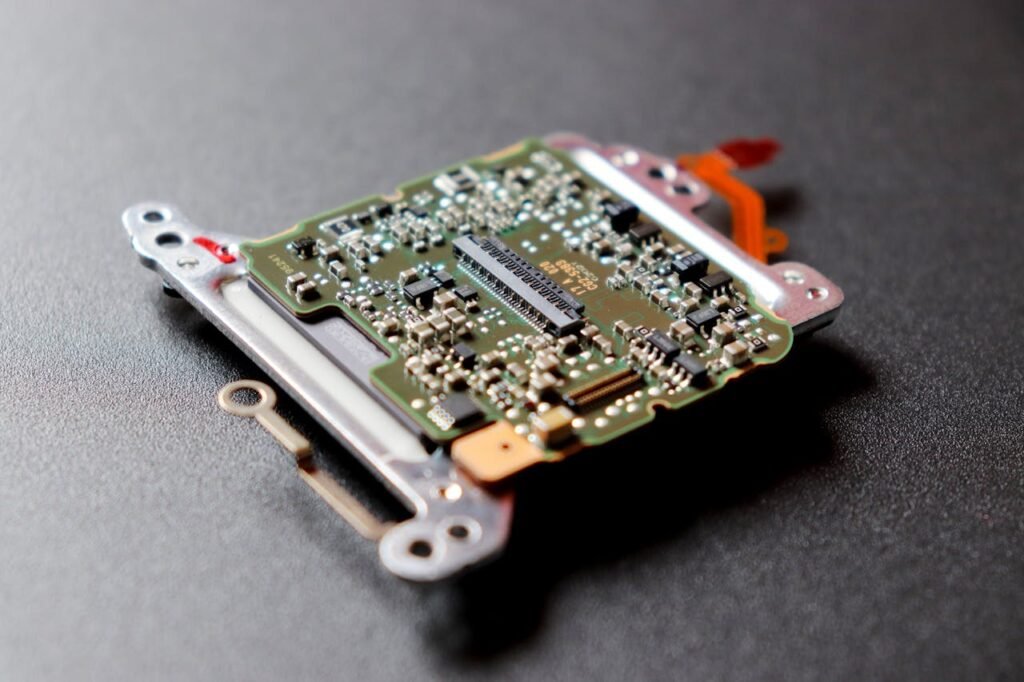
The most obvious difference in speed performance is SSDs work much faster than HDDs in read and write speeds because they are accessing the data electronically, rather than mechanically.
HDD:
An HDD typically achieves read/write speeds of approximately 80–160 MB/s based on its rotational speed (most HDDs are either 5400 or 7200 RPM). Because a read/write head must move to locate data on the rotating platters, there are delays (called seek time and latency) that are unavoidable.
(Hard Disk Drive) has an average read/write speed of about 80-160 MB/s. Due to the mechanical aspect of the device, it is the reason speed-wise, this will be slower and make it more prone to aging.
SSD:
In comparison, SSDs have read and write speeds that start at a base of roughly 500 MB/s for SATA SSDs and go up towards and above 3500 MB/s and 7000 MB/s for newer NVMe common SSDs attached to PCIe channels. Since SSDs use NAND flash memory for their read and write operations, access time is nearly immediate — generally less than 0.1 milliseconds compared to 10–20 milliseconds using an HDD.
(Solid State Drive) has an average read/write speed for sata SSDs of 500-600 MB/s, and NVMe SSDs can exceed over 3,000 MB/s. This means it is up to 20x speedier than a traditional HDD.
Outcome:
it’s apparent that SSD’s will reduce boot time dramatically and speed up file transfers and applications that load instantly.
3. Durability
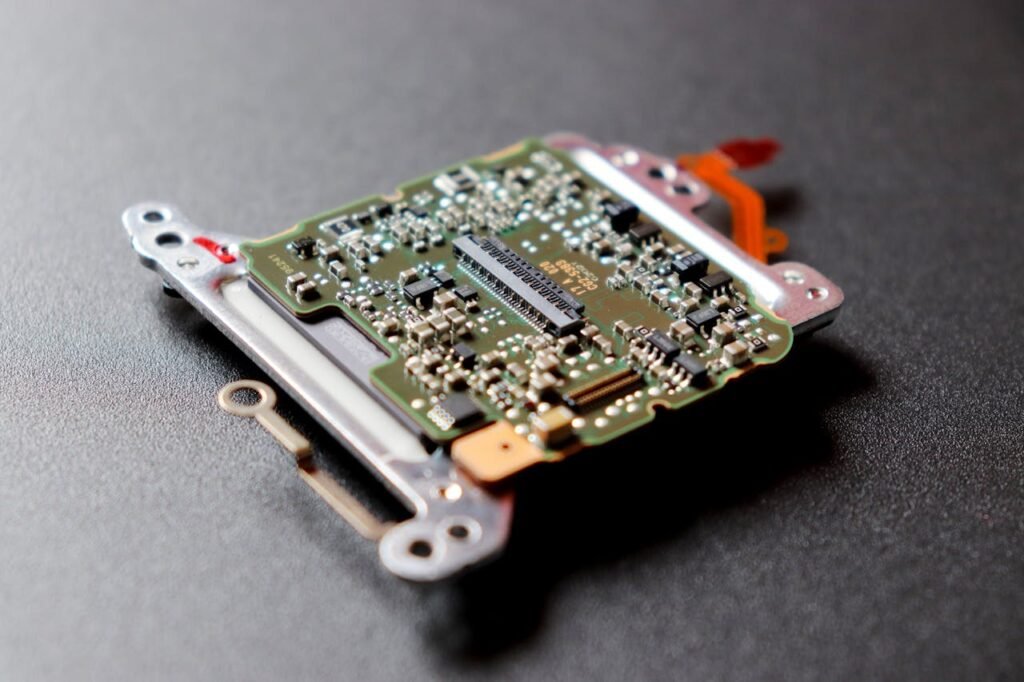
SSDs clearly outperform standard HDDs in terms of durability. This is due to their design: SSDs do not include any moving components, compared with HDDs, which are comprised of mechanical elements, which include rotating platters and moving read/write arms.
HDD’s:
Because HDDs involve continuous physical motion, they are more susceptible to damage from drops, vibrations, or sudden movements. Even a minor shock can cause the read/write head to scratch the disk surface, leading to data loss or permanent failure. This makes HDDs less ideal for laptops or portable devices that are frequently moved.
Vulnerable to shocks, drops and physical damage because of moving parts.
SSD’s:
Solid-state drives, or SSDs, store information on solid-state flash memory chips, which makes them exceptionally durable to physical shock and more dependable in severe conditions – for example, if you were to use it in a mobile computer, vehicle, or outdoor applications.
More durable and shock-resistant because there are no moving parts.
Verdict:
SSD’s last longer for normal use, especially portable devices like laptops.
4. Storage Capacity & Price
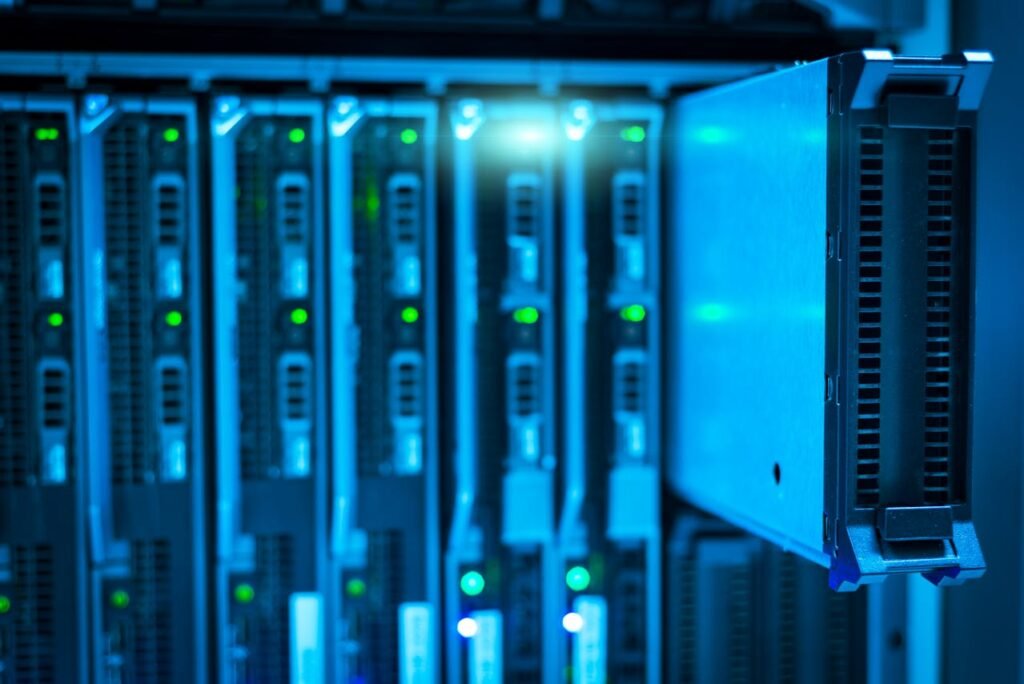
HDD:
In comparing storage capacities and prices, HDDs are still powerful players in the market. The traditional hard disk drive remains the best-value option for large data storage. HDDs are found in a range of sizes from 500GB to 20TB+, making them the ideal solution for massive storage requirements — content creators, data centers, and backup systems are all potential users for hard disk drives.
Less expensive for large storage. Multi-terabyte HDD’s can be purchased for a fraction of the price of SSD’s.
SSD:
SSD drives are still superior in performance but still remain more expensive per gigabyte. In fact, HDD prices have decreased substantially over the last few years while, even for large capacity SSD drives, the price is high. Most SSD drives are still quite a cost for significantly less storage especially when looking at drives larger than 2TB. Many plan on this possibility and will prefer to obtain a low capacity SSD (for the operating system and often used apps) with one or more large HDD drives (for the bulk of data).
Costs more per gigabyte than HDD, but have dropped in price recently.
Verdict:
HDD’s are still better if you want massive storage on a budget.
5. So which one should you pick?
We recommend SSD if:
you want speed, faster boot times, and more durability. Great for operating systems, apps, and games.
We recommend HDD if:
you need more storage on a budget.
Conclusions
SSDs are undoubtedly faster than HDDs. With no moving parts, SSDs can read and write data almost immediately, making your overall computing more seamless and efficient. For many users, the best of both worlds is an SSD for your primary programs and an HDD for massive storage.


yas its right
hi